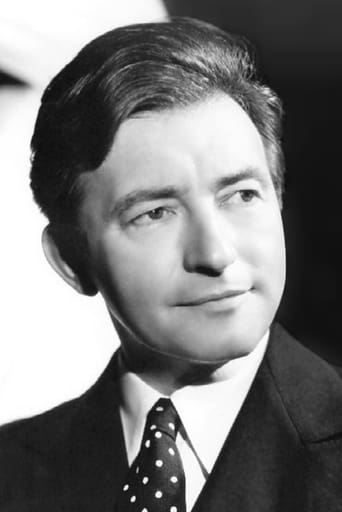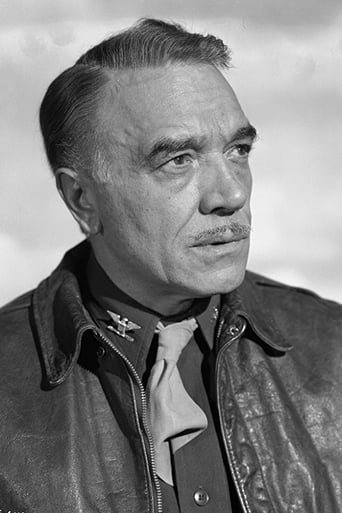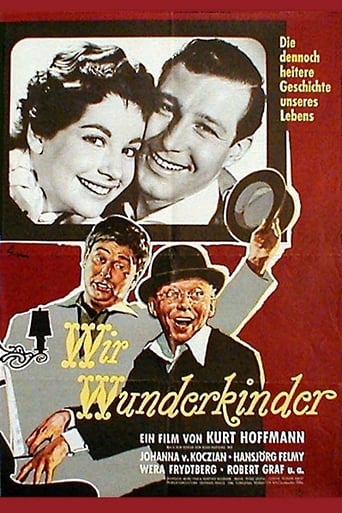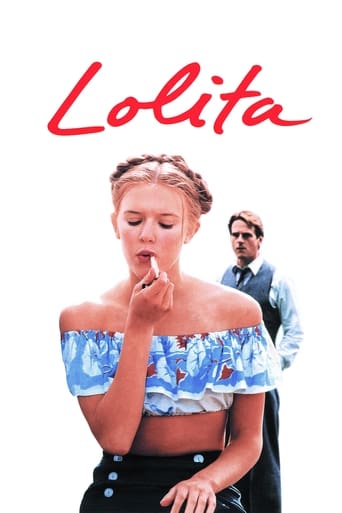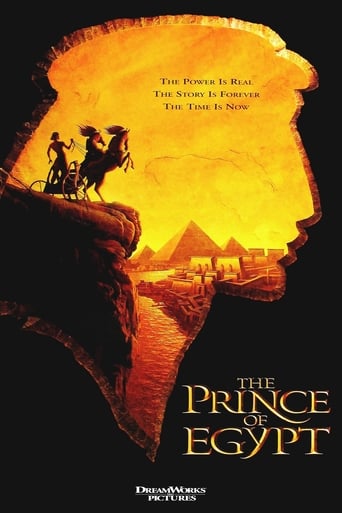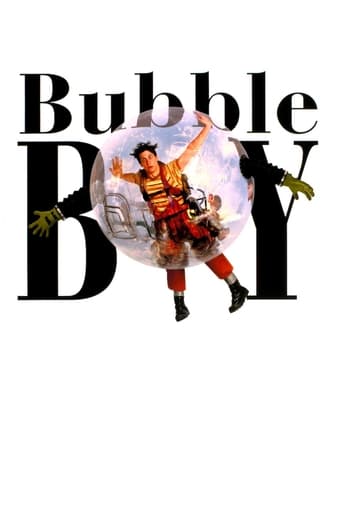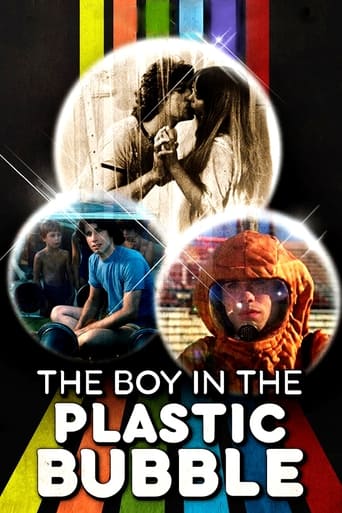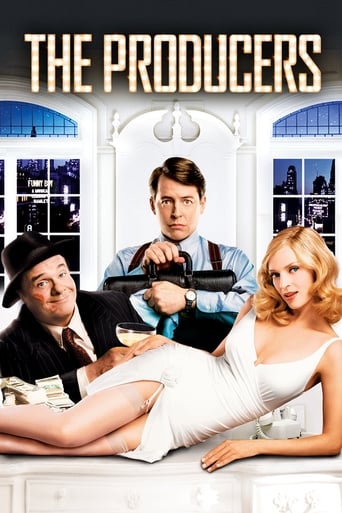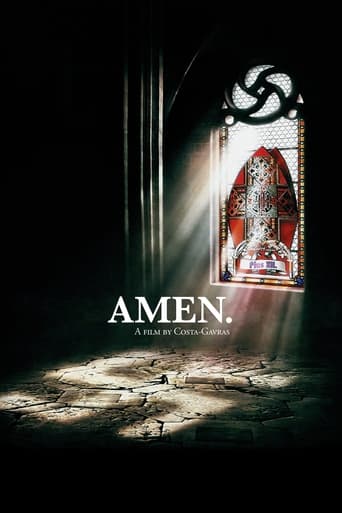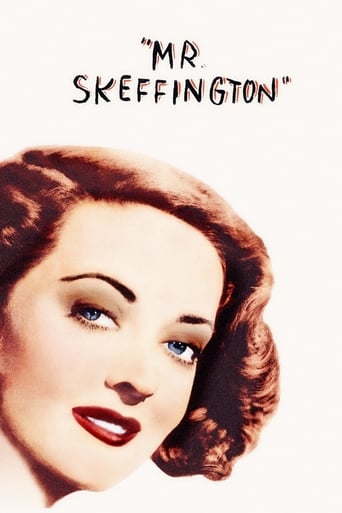
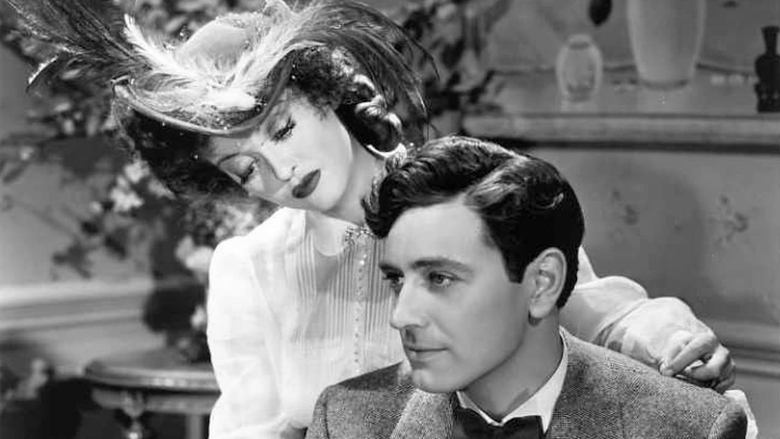
Mr. Skeffington (1944)
A beautiful but vain woman who rejects the love of her older husband must face the loss of her youth and beauty.
Watch Trailer
Cast
Similar titles
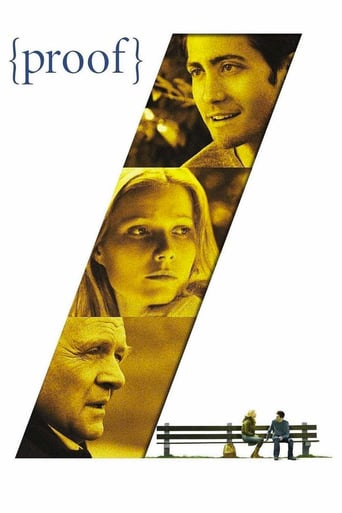
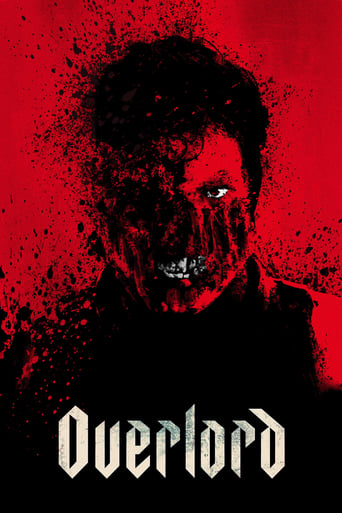
Reviews
Thanks for the memories!
A lot more amusing than I thought it would be.
The thing I enjoyed most about the film is the fact that it doesn't shy away from being a super-sized-cliche;
Like the great film, it's made with a great deal of visible affection both in front of and behind the camera.
I'm a big fan of Claude Rains and Mr. Skeffington is one of his best performances. Every time he is on screen he steals the movie. The same cannot be said for the miscast Bette Davis. I'm not just talking about the obvious: that her character is supposed to be a great beauty and Bette, attractive in her own way, is no great beauty. She attempts to portray an unsympathetic character sympathetically but I'm not convinced she makes it work. Fanny is a vain unlikeable woman and the ending to this film...well let's just say I was left wanting for something more. I enjoyed the movie but not as much as I expected to. Claude Rains makes anything better so check it out for him. Bette Davis does her best but this is not one of my favorite roles of hers. However, hardcore Bette fans will probably enjoy this one far more than the average viewer.
Bette Davis is my favorite actress, yet there are a few of her performances I don't care for and this is one. It's unsubtle and verges on caricature. She portrays a shallow, self-centered society beauty as a strangely grotesque, unattractive creature. Instead of playing up the charm and loveliness that is supposed make Fanny an irresistible woman, and letting us figure out from the dialog and situations that she is self absorbed and shallow, she plays the shallowness and narcissism in such an outward manner that it becomes unbelievable that anyone could possibly find such a woman attractive. It's not a terrible performance, it's just a miscalculation; nonetheless it wrecks the believability of the film.It's true that Bette Davis was not the great beauty she's asked to portray in this film, and that, too, renders her performance unbelievable. It doesn't matter how many times it's stated that Fanny is beautiful, what we see is a very attractive woman who is nonetheless not one of the great beauties. It just doesn't work.Still, Bette could at least have made the character such an attractive and charming person that it would be easy to understand why men fall in love with her. That's not really enough for this particular character, who is supposed to be drop dead gorgeous, but it would have helped. Bette in The Great Lie, for example, was a totally lovely girl you couldn't help finding attractive. Playing the artificiality of the character to the hilt, complete with an annoying, high, sing-song voice, affected delivery, and jittery mannerisms, Bette completely fails to show why Fanny was the belle of New York. Around this time, Hal Wallis had departed Warner Bros. and the studio's product showed a marked decline in taste and quality. Wallis had personally produced many of Bette's greatest triumphs; without him at the helm, her films began to slide, artistically. I don't think Wallis would have allowed Bette to make many of the choices she made here.I think this picture was a big hit, and it's pretty entertaining. It's not boring and you'll watch it to the end. But it doesn't have greatness, so don't expect that.Claude Rains is well cast as Job Skeffington. He gives a very fine performance. The other men in Fanny's life are mostly great actors: Walter Abel, Jerome Cowan, etc. British actor Richard Waring, who plays Fanny's brother, Trippy, had made a hit in The Corn Is Green on Broadway and, following his appearance in Mr. Skeffington, was set to play opposite Miss Davis in the film version. Warners had plans for him, but World War II intervened and he never returned to the studio, though he had a long stage and film career anyway.
As much as I found this movie to be interesting, I was a little miffed to have to place it into that large group of films in which captains of industry are idiots when it comes to women.Claude Rains was nevertheless moving in the role of a sensitive banker who falls for a vain manipulator. But you had to wonder why he put up with all of Bette Davis's crap -- i.e., why didn't he complain when she did such outrageous things as refuse to speak with him once she had given birth? Sure, he used humor and rationalization -- i.e., he saved money on candy and flowers by allowing a parade of suitors to provide them -- but c'mon, man, wake up and smell the coffee!("Babies grow up and everybody expects you to grow up with them!" Fannie pouts. And Job only humors her. The examples add up ad infinitum...)There are several stellar scenes in this film, including the father-daughter dinner at a fancy restaurant, and Fannie's encounter with a psychoanalyst. "Go back to your husband," the latter yells, and who could have foreseen that she would? The happy ending in this film is a little too neat, but Rains's acting chops help pull to it off.(Does anyone else wonder why they didn't call this "Mr. AND MRS. Skeffington"?)
It's interesting that I quite liked this film the first time I saw (and reviewed) it, but on my second watching of the film somewhat disliked it. It has a lot of ingredients that would make me like it. It has Bette Davis, whom I think remains America's best female actress. It has Claude Rains, whom I almost always enjoy. It takes place in the era that I find can often be quite interesting. But I also think I know what I don't like about it. Movies are very often about a person or persons with a character flaw. And I often find that intriguing. But there is one character flaw that leaves me sort of flat -- being a person who is frivolous and petty, and that's what Bette Davis' character is throughout this film until literally the last 5 minutes. This film is a depiction of a very vain woman who, increasingly, doesn't realize that she is beginning to grow old and tries to remain a coquette. She wouldn't know what love and devotion is if she tripped over them...and she does in the man known as Mr. Skeffington, played brilliantly by Claude Rains. There is also a ne'er-do-well brother, whose function in the story was to facilitate Bette Davis marrying Skeffington to save her brother, who has swindled Skeffington out of tens of thousands of dollars, as well as providing a character who is mildly anti-semitic against Skeffington. Rarely has Bette Davis portrayed a character so easily despised as in this film...and for me that is the problem.Perhaps the most brilliant scene in the film is when Davis and a gangster she is having an affair with run into Rains and a woman she is having an affair with meet (not coincidentally) in a speakeasy. It is perhaps the one scene in the first half of the film where Davis' character is forced to look into a mirror and be appalled at the psychological image she sees. She and Rains divorce and he goes to Europe.And then, after a time, a severe case of diphtheria brings her age crashing down on her (shades of Baby Jane), something to which she cannot adjust. She has suddenly gone from vivacious to dowdy. But, Mr. Skeffington returns, a broken and blind man after having been tortured in a German concentration camp. Finally they are superficially perfect for each other.Both Rains and Davis were nominated for Academy Awards for this film; neither won. The character actors in supporting roles were all very good here. Of particular note -- Walter Abel...very recognizable, often underrated. He shines here.Also, a note about the sets. Quite lavish with fine detail, and the nightspots evolved over the decades very nicely. The black and white photography was exceptionally crisp.I always meant to purchase this for my DVD shelf, but now I don't want to. And here's why. Bette Davis' character was witch (different spelling!) in almost every frame of the movie (and it's a long movie -- 145 minutes), and then they expect us to accept her redemption in the last 5 minutes of the film. Maybe you can, but I can't. I don't even want to watch this film a third time.

